Sonanadi Wildlife Sanctuary is a pristine haven for wildlife enthusiasts, nestled in the picturesque region of Uttarakhand, India. Established in 1987, it is part of the Corbett Tiger Reserve and offers a rich biodiversity of flora and fauna, including the majestic Bengal tiger, leopards, and over 600 species of birds. The sanctuary is named after the Sonanadi River that flows through it, providing life to its lush forests and grasslands. It is an ideal destination for nature lovers seeking a serene and immersive wildlife experience.
Location
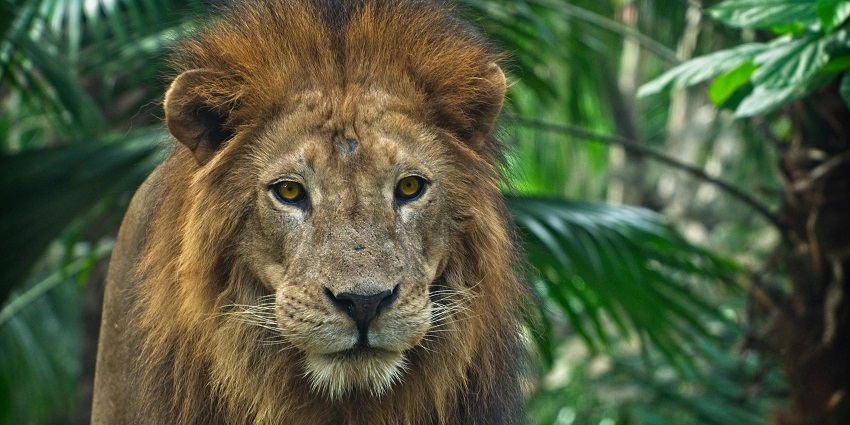
Photo: Gareth Davies / Pexels / Image For Representation Only
Sonanadi Wildlife Sanctuary is situated in the Nainital and Pauri Garhwal districts of Uttarakhand, India. It lies between the Corbett National Park and the Rajaji Tiger Reserve, forming an integral part of the Corbett Tiger Reserve. The sanctuary is easily accessible from major cities like Ramnagar and Kotdwar, serving as gateways to this biodiverse haven.
Suggested Read: A Trip To Uttarakhand Jungle Safari
How To Reach

Photo: John McArthur / Unsplash / Image For Representation Only
By Air: The nearest airport to Sonanadi Wildlife Sanctuary is Jolly Grant Airport in Dehradun, located approximately 155 kilometres away. The airport is well-connected with major Indian cities like Delhi, Mumbai, and Bangalore.
By Road: Sonanadi Wildlife Sanctuary is well-connected by road network. The nearest major city is Kotdwar, about 45 kilometres away. Regular buses and taxis are available from Kotdwar to the sanctuary area.
By Rail: Kotdwar Railway Station is the nearest railhead to the sanctuary, with regular trains connecting it to Delhi, Lucknow, and other major cities. From Kotdwar station, local taxis and shared jeeps are readily available for the 45-kilometre journey to the sanctuary.
Places To Visit Around Sonanadi Wildlife Sanctuary
1. Jim Corbett National Park
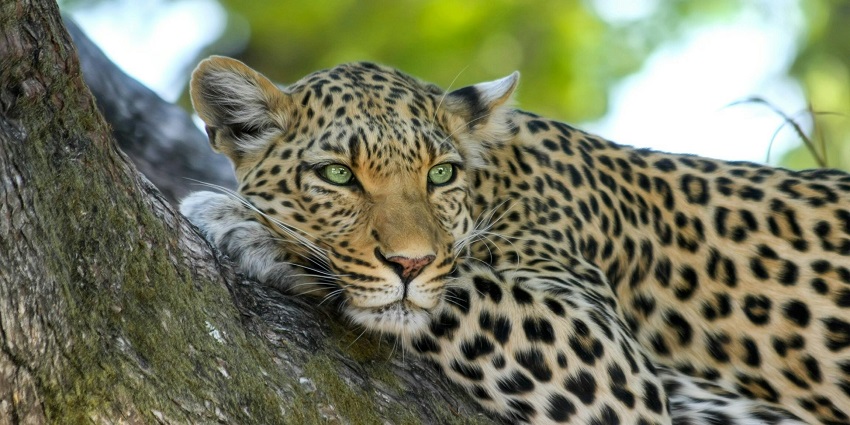
Photo: Pixabay / Pexels / Image For Representation Only
Located about 40 kilometres from Sonanadi, Jim Corbett is India’s oldest national park and a prime tiger reserve. The park offers jeep safaris, elephant rides, and nature walks through diverse landscapes including riverine belts, grasslands, and dense forests. The Corbett Museum in Kaladhungi provides fascinating insights into Jim Corbett’s life and the region’s wildlife history. The park’s Dhikala zone is particularly famous for wildlife spotting.
Timings: 5:30 AM – 9 AM and 3 PM – 6 PM
Entry Fee: ₹1,500 per person (Indians), ₹3,000 (Foreigners)
Suggested Read: Top Places To Visit Near Dehradun
2. Lansdowne
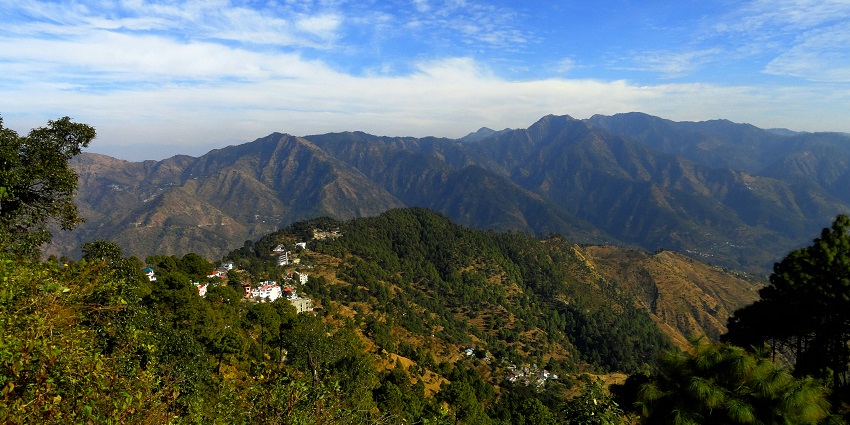
Photo: NARINDER PAL / Unsplash
This cantonment town, approximately 65 kilometres from Sonanadi, offers colonial charm and panoramic Himalayan views. Visit the Tip-n-Top viewpoint, St. Mary’s Church, and the Garhwali Museum. The War Memorial and Darwan Singh Museum provide interesting glimpses into military history. The peaceful environment makes it perfect for nature walks and photography.
Timings: 9 AM – 5 PM
Entry Fee: Free
3. Kotdwar
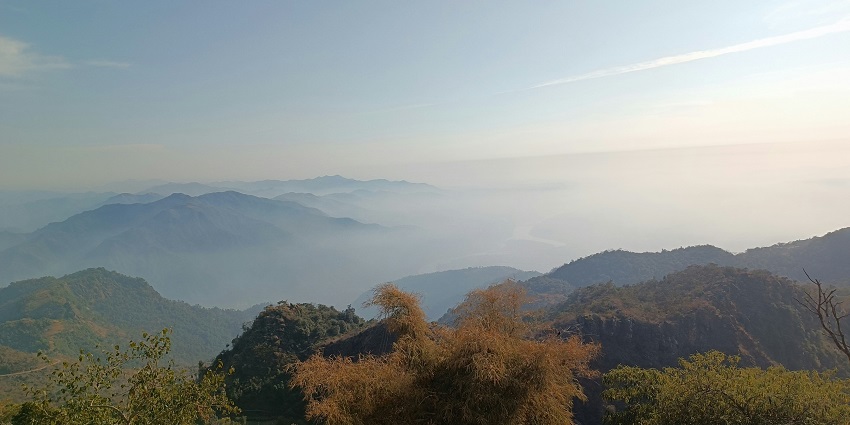
The gateway to Sonanadi, Kotdwar offers several attractions including the ancient Sivananda Ashram and the beautiful Durga Devi Temple. The local market is perfect for buying traditional Garhwali crafts and spices. The Sidhbali Temple, perched on a hilltop, offers stunning views of the lush green valleys and rolling hills.
Timings: Temples are open from 6 AM – 8 PM
Entry Fee: Free
Suggested Read: A Trip To Rajaji National Park Jungle Safari
4. Kolhuchaur
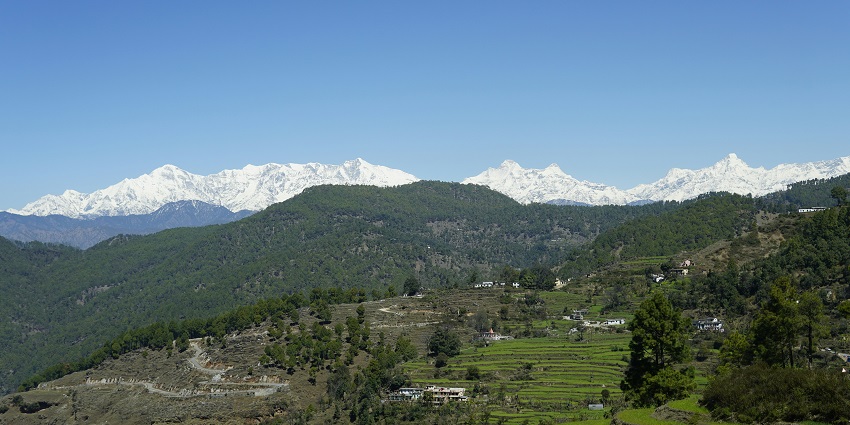
Photo: Ketan Pandey / Unsplash / Image For Representation Only
This historic town, about 30 kilometres away, is known for its ancient temples and the Kolhuchaur Fort. The area is rich in folklore and offers insights into local Garhwali culture. The weekly market (Wednesday) is famous for local produce and handicrafts.
Timings: Fort 9 AM – 5 PM, Temples 6 AM – 9 PM
Entry Fee: Fort ₹20/person
5. Pauri
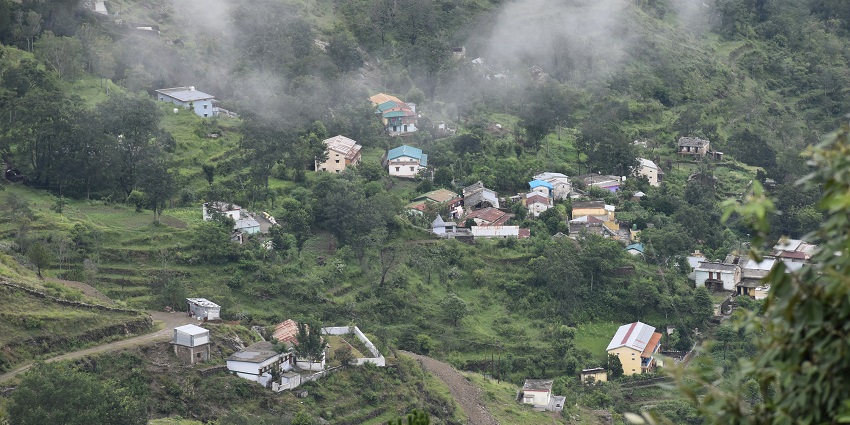
Photo: Maneesh Lingwal / Unsplash
Just 70 kilometres from Sonanadi, Pauri offers breathtaking views of the Himalayas and the Kandoliya Temple dedicated to Goddess Kali. The town’s main attraction is the Ransi Heritage Village, which showcases traditional Garhwali architecture and lifestyle. The Kandoliya Hills are perfect for trekking and sunset viewing. The town’s Garhwal Lok Sangrahalaya (Folk Museum) houses an impressive collection of local artefacts, traditional jewellery, and ancient manuscripts.
Timings: Museum: 9 AM – 5 PM (Closed Mondays), Temples: 6 AM – 8
Entry Fee: Museum ₹30
Suggested Read: A Trip To Jungle Safari In Rishikesh
Where To Stay

Photo: Alex Tyson / Unsplash / Image For Representation Only
Accommodation options around Sonanadi Wildlife Sanctuary cater to various budgets and preferences. The Forest Rest House within the sanctuary offers basic but clean rooms with essential amenities. Tiger Valley Resort, located at the sanctuary’s periphery, features comfortable rooms with modern amenities and excellent views. Forest Edge Resort offers luxury cottages with private balconies overlooking the forest. For budget travellers, Hotel Landmark in Kotdwar provides clean rooms and decent service. The Wild Iris Eco Resort combines comfort with sustainability, offering cottage-style accommodation with local architecture.
Where To Eat

Photo: RDNE Stock project / Pexels / Image For Representation Only
The dining options near Sonanadi Wildlife Sanctuary are primarily centred around local establishments and resort restaurants. In Kotdwar, Sharma Dhaba offers authentic Garhwali cuisine, including specialties like Kafuli and Mandua ki Roti. Hotel Landmark Restaurant serves both North Indian and local dishes, perfect for those seeking familiar flavours. For a more rustic experience, the small eateries near Lansdowne Road offer fresh local food. The Forest Rest House canteen provides simple but wholesome meals, while The Wild Kitchen near the sanctuary entrance specialises in traditional Kumaoni dishes.
Suggested Read: Adventure Sports In Mussoorie
Best Time To Visit
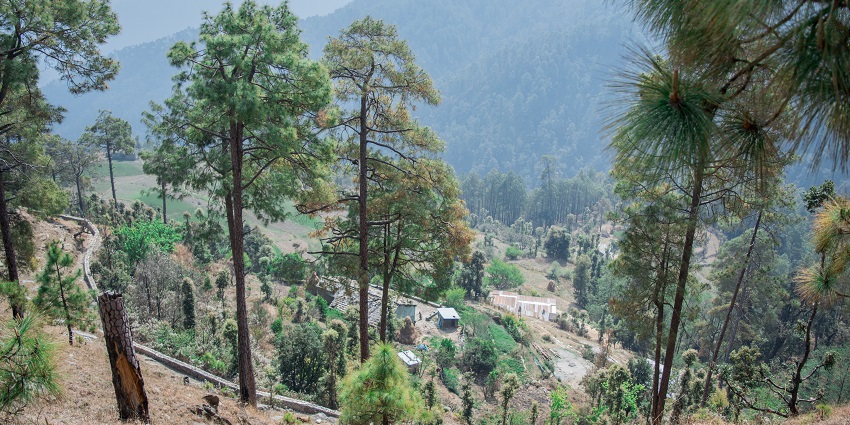
Photo: Rajborah123 / Wikimedia Commons / Image For Representation Only
Sonanadi Wildlife Sanctuary is accessible throughout the year except during monsoons, but each season offers a unique experience. The ideal time to visit is between October and June. Winter months (November to February) are excellent for wildlife spotting as animals frequently visit water bodies, and the clear weather makes photography ideal. Temperatures range from 5°C to 20°C, requiring warm clothing.
Other Factors To Consider

Photo: Colton Sturgeon / Unsplash / Image For Representation Only
Average Cost Of The Trip
For a 2-3 day trip to Sonanadi Wildlife Sanctuary, budget approximately ₹8,000-15,000 per person. This includes mid-range accommodation, safari and guide charges, meals, transportation, and miscellaneous expenses like permits and emergency funds.
Tips For Travellers
- Bring essential items like binoculars, cameras, insect repellent, and first-aid kit
- Carry cash as ATM facilities are limited in the area
- Download offline maps as mobile network can be unreliable
Suggested Read: Discover The Best Nightlife In Rishikesh
Sonanadi Wildlife Sanctuary stands as a pristine example of Himalayan biodiversity, offering visitors an authentic wilderness experience away from mainstream tourist destinations. It’s a paradise for nature enthusiasts and wildlife photographers. Whether you’re an adventure seeker or a peace-loving traveller, this sanctuary promises an unforgettable journey into the heart of untamed nature. As you plan your next trip to Uttarakhand, let TripXL shoulder the burden of bookings and the best deals.
Cover Photo: Waldemar / Pexels / Image For Representation Only


 WhatsApp
WhatsApp
 Twitter
Twitter









